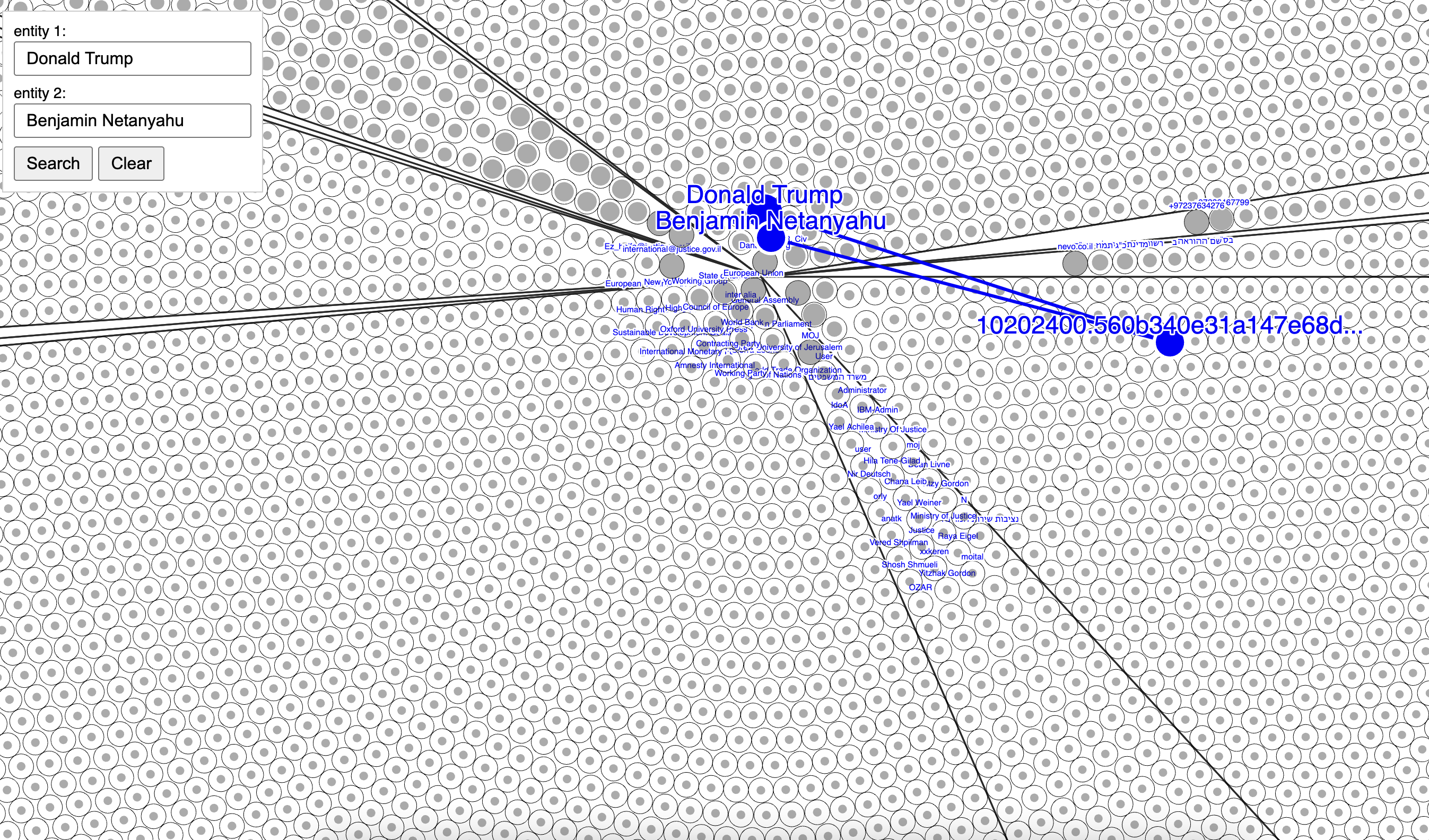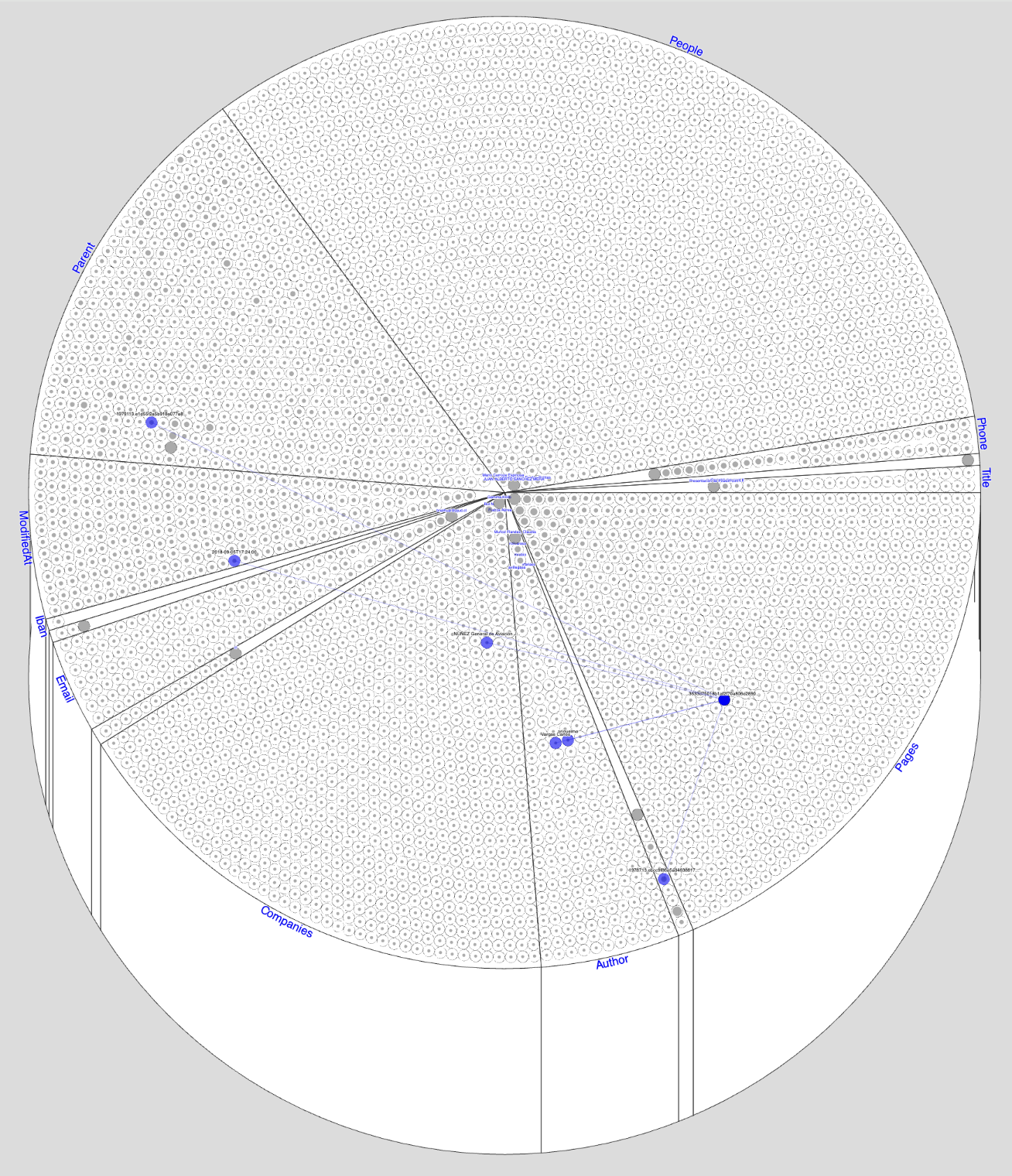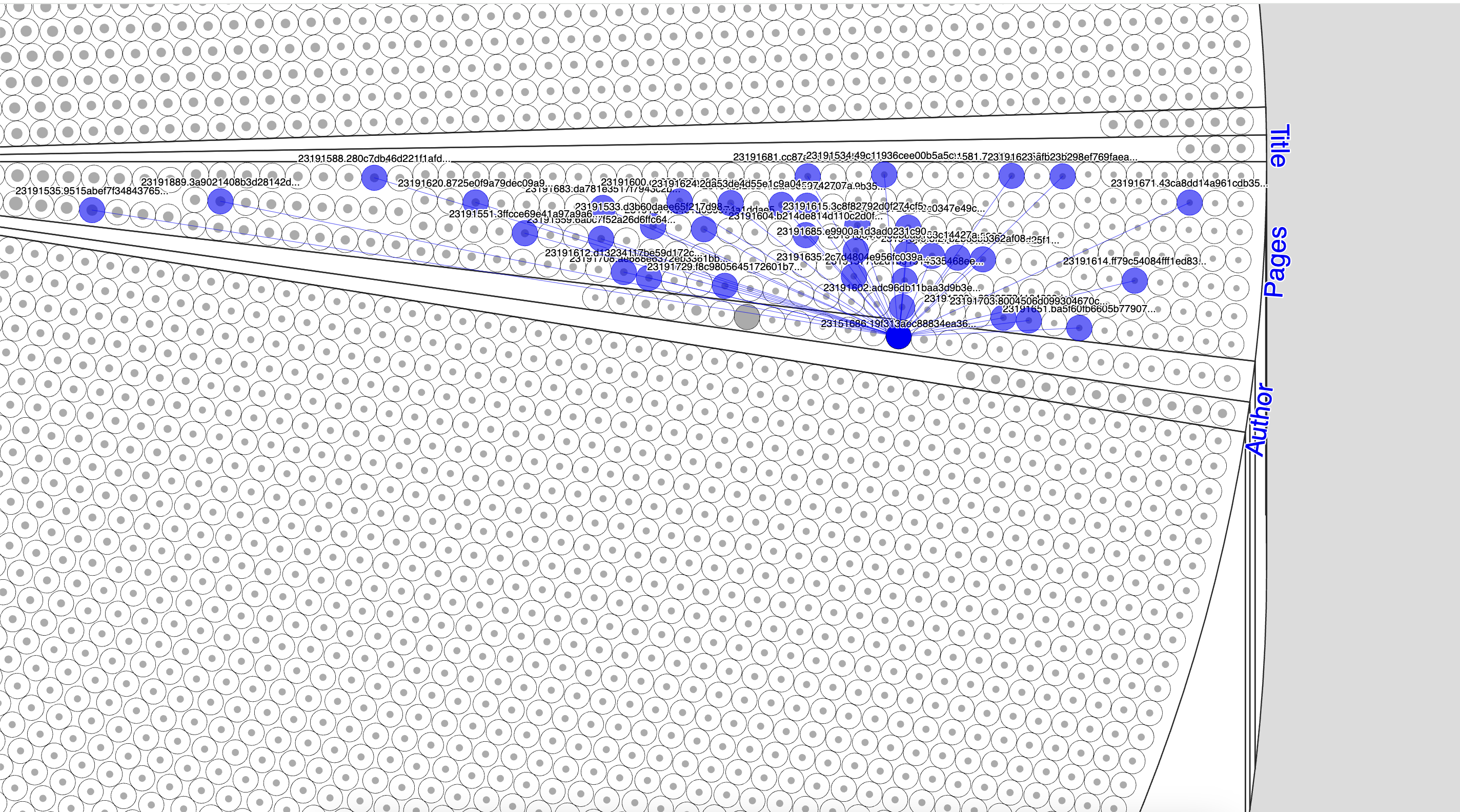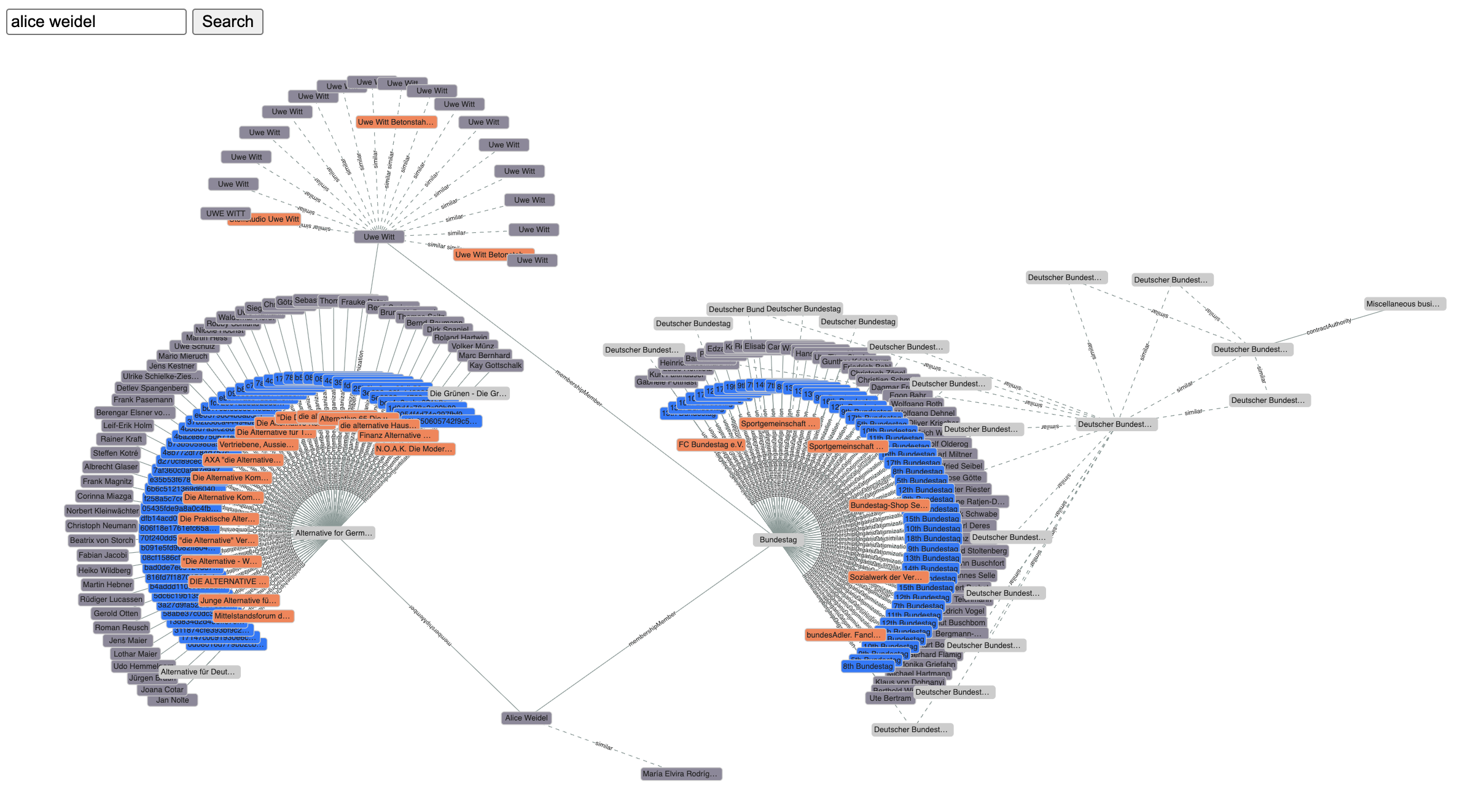2025 – metaLAB
Aesthetics of Leaks
The 21st century has witnessed a profound shift in internet culture—from an open, anti-capitalistic, and decentralized network to a capitalistic infrastructure dominated by a handful of mega-corporations that control much of our online communication. This transformation gave rise to what Shoshana Zuboff has termed surveillance capitalism, a system in which personal data becomes the primary commodity. In response to this monopolistic and opaque structure, a countermovement emerged: the proliferation of massive data leaks.
From the mid-2000s onward, large-scale data breaches have become a defining feature of digital life. Leaks involving millions of records—whether driven by criminal intent, such as identity theft and financial fraud, or by whistleblowing motives aimed at exposing governmental and corporate malfeasance—have repeatedly made headlines. Iconic examples include the Panama Papers, the Snowden revelations, and countless others that reveal the vulnerabilities and contradictions of our digital ecosystem.
Media coverage of these leaks frequently reduces their significance to quantitative superlatives, with headlines emphasizing the sheer volume of compromised data: 21st Century Oncology notifies 2.2 million of hacking, data breach, 23andMe: Profiles of 6.9 million people hacked, Adobe admits 2.9M customer accounts have been compromised, Passwords from 100 million Quora users stolen in data breach or Snowflake hackers identified and charged with stealing 50 billion AT&T records among many others.
By investigating specific datasets that hold public interest, this research initiative develops new forms of representation and engagement with leaked data. It aims to foster a deeper, more nuanced dialogue on how these breaches not only expose systemic vulnerabilities but also offer opportunities to reimagine our relationship with information, transparency, and power.



